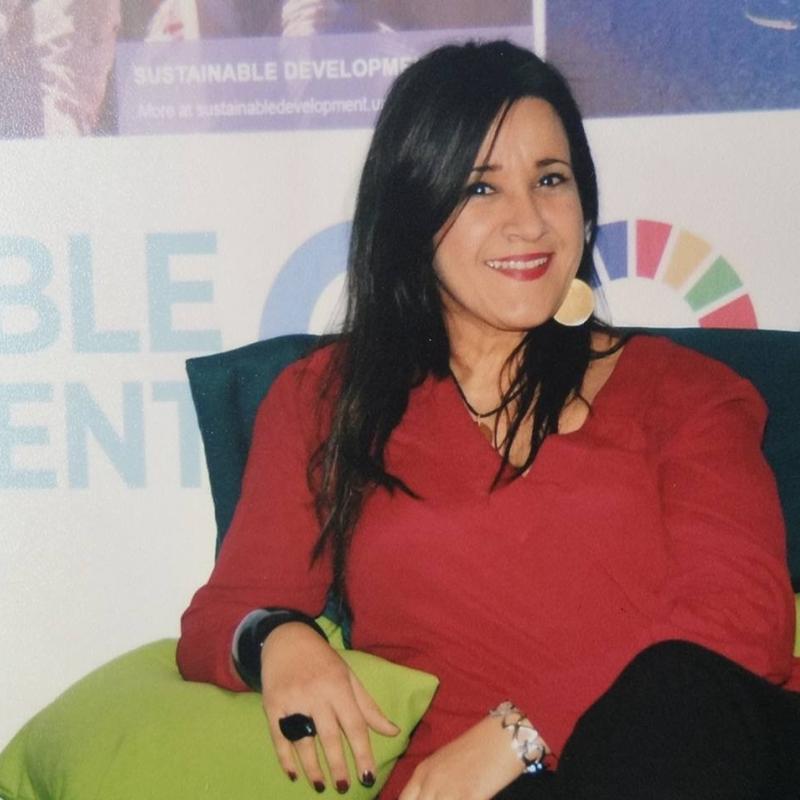According to my education I have Bachelor (Bac + 4) in Economic Sciences and Masters in demography .My position as a Director in the Ministry of Development, Investment and International Cooperation, in charge of Social policies,and migration has enabled me to manage several and different programs and projects from the conception to the monitoring and evaluation at the same time with different national stakeholders (Ministries, Non-Governmental Organizations, Social partners, International doners and Development partners, …) where my responsibilities included being a results oriented person and always targeting efficiency. I also have the opportunity to work with a team and support them to reach every and each program’s goals.I also a member of the national team reponsible for monitoring SDGs
My contributions
Challenges of evaluation
DiscussionThe issues facing global agriculture
Discussion

raoudha jaouani
Director ministry of development Investment and international CooperationHola
Soy Raoudha, de Túnez, y les agradezco a todos ustedes el importante y constructivo intercambio, en el mismo sentido, creo que la cuestión del seguimiento y la evaluación debe tener en cuenta tanto los aspectos cuantitativos como los cualitativos. Por supuesto, el aspecto cuantitativo sólo tiene sentido si va de la mano del aspecto cualitativo, y este proceso puede dar lugar a resultados capaces de identificar las lecciones aprendidas del ejercicio de evaluación, porque creo que la evaluación no es realmente un objetivo en sí mismo, sino más bien un medio de aprendizaje para rectificar, ajustar, revisar y mejorar. Al evaluar se supone que debemos aprender.